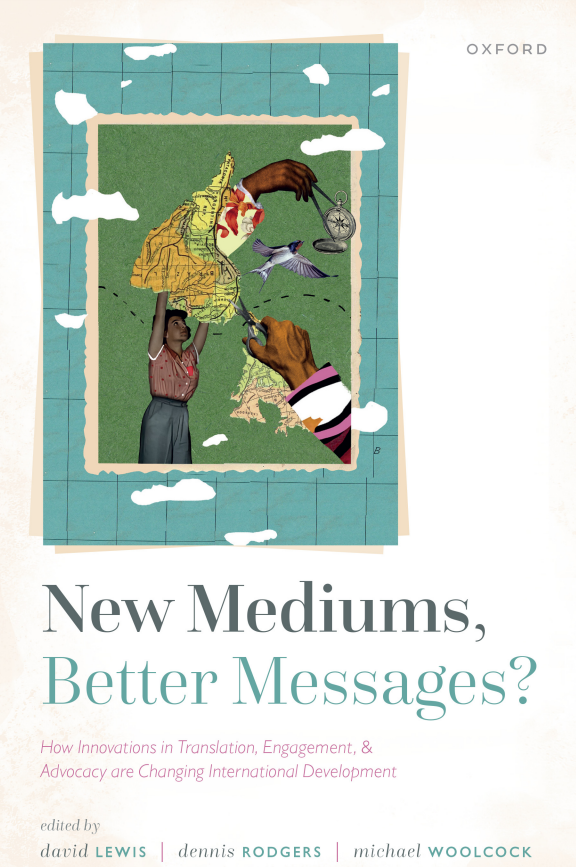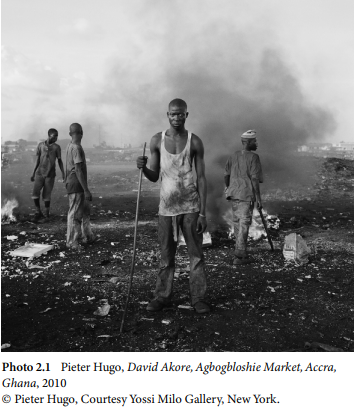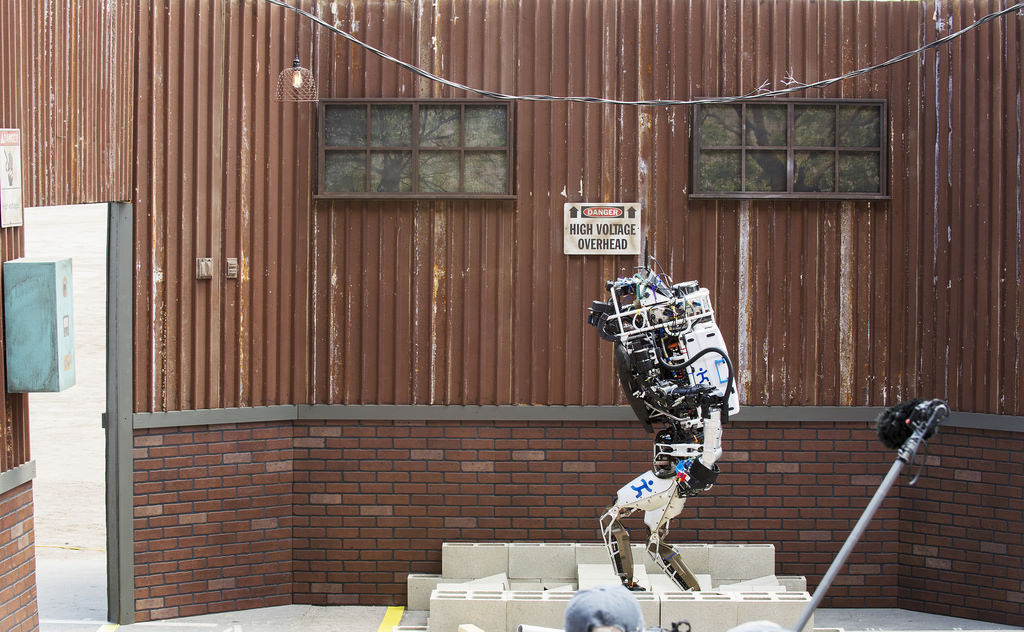Duncan Green reviews New Mediums, Better Messages: How Innovations in Translation, Engagement & Advocacy are Changing International Development, co-edited by David Lewis, Dennis Rodgers and Michael Woolcock. You can download an open access version of the book here. The editors will be discussing the book at the LSE on 7th November. Details here.
The aid sector and academia do a pretty terrible job of describing real life in poor countries. You’ll struggle to find joy, fun, hobbies, parties, chilling, crazy stuff that makes no ‘sense’. Even sex is usually portrayed as a ‘risk factor’.
Short of living somewhere, accessing that other side of life requires reading novels, poetry, or watching films or theatre.
That’s the world that New Mediums, Better Messages? explores, or in the words of its subtitle ‘How Innovations in Translation, Engagement, and Advocacy are Changing International Development’. It’s Open Access (hurrah!) or you can cough up £30 or so for a hardback copy.
Full disclosure, I wrote a chapter with Maria Faciolince on the evolution of this blog, but I’ll spare you that in favour of what else you can find there.
From the Intro, by the editors David Lewis, Dennis Rodgers and Michael Woolcock:
‘There is currently renewed interest in conversations between science, social science, and the humanities around the roles of different kinds of knowledge, stories, and data in apprehending the human condition, and how they might be more fruitfully integrated.’

This is a follow up to their Popular Representations of Development (2014), which explored novels, films, television and social media. This time around they branch out to theatre, music, photography, video games, radio, and journalism. Cool.
It’s an edited volume, grouped under 3 broad headings: ‘translation’, ‘advocacy’, and ‘engagement’. Translation considers how these new mediums connect with audiences, but also change the message; advocacy (which kicks off with our chapter) does what it says on the tin, while engagement ‘explores how certain artistic mediums and representations can challenge more dominant, technocratic ones’ on issues such as climate change.
Like all edited volumes, the chapters vary in style and accessibility. I really liked chapter 1, also by the editors, on ‘Musical Representations as (An)other Source of Development Knowledge’, which brought back memories of just how much the protest music of Latin America moved me to activism and enquiry when I was just getting interested in the politics of the region. Since then, it feels like my imagination has been impoverished, whether by age or too much ‘grey literature’ and evidence-based this or that.
The authors make some nice broader points in the conclusion to that chapter:
‘Novels, films, and music are part of the communicative media through which many citizens in the Global North ‘encounter’ stereotypical images and perceptions of life in the Global South, and are thereby key mechanisms by which development debates are framed for and experienced by the general public.’
‘Popular culture offers communicative mediums vastly more attuned to and resonant with the lived realities of marginalized groups. This implies that making development truly more ‘inclusive’ will entail not only expanding participation in meetings in narrow terms (where such participation can be readily counted and accounted), but enabling marginalized groups to make and defend claims about themselves, their rivals, their concerns, interests, aspirations, and priorities in ways they find most resonant and compelling. These modalities of communication are unlikely to be those of educated elites in the policy, donor, and research communities.’
‘There are ‘truths’ about development that are best conveyed in popular mediums. These include the importance of power and representation, and the unequal relationships and ‘disjunctures’ between developers and developed, rich and poor, and West and non-West….. Biting political critique, satire, and advocacy can be conveyed musically in ways that might otherwise be regarded as seditious or treasonous, even as music can be used to construct and perpetuate patronizing stereotypes.’
So much for music, but there’s something for everyone here: photography (a fascinating comparison of two different photographers depict Africa’s rubbish dumps); the challenges of writing ‘development fiction’ – plays or novels; of a more instrumental use of games or radio to get development messages to a wider public; the way culture can both depict and enhance climate struggles in Bangladesh or the role of Arts Festivals in Nigeria and Nepal.
There is a fair amount of trumpet-blowing, as you’d expect from asking people (including me) to write about their work, but I still reckon it’s worth a trawl, especially if you are interested in a particular medium that is covered here.
It’s also a shame that (presumably for reasons of cost), there is only one photo in the whole book (here it is, from the chapter on ‘the Pedagogy of Trash’.
But overall, there’s a lot to enjoy in here. Last word to the Intro:
‘At its best, an exchange between the arts and development does more than just call more compellingly for change—diversify the range of perspectives being considered, subvert ‘single stories’, or present key ideas in innovative forms— vitally important as these all are. If the arts achieve all these things and more—a truly ‘better’, more just, locally authentic outcome is actually attained.’
And in case you think these are just dusty scholars writing about stuff from a distance, David Lewis bunks off from LSE to be a rather successful singer songwriter, Maria Faciolince is a great photographer. And several of the other contributors have written plays, novels etc. Me, I just blog. And make jam, but that’s another story.
The views expressed in this post are those of the author and in no way reflect those of the International Development LSE blog or the London School of Economics and Political Science.
Featured image credit: Hansel Obando and María Faciolince
This post was first published in: FP2P






Please could you show where the open access download point is in the link you provide. I cannot see it.
Many thanks
Peter
Hi Peter, it’s linked in the third paragraph of the article but I’m linking it here too: https://fdslive.oup.com/www.oup.com/academic/pdf/openaccess/9780198858751.pdf. All best, Anna